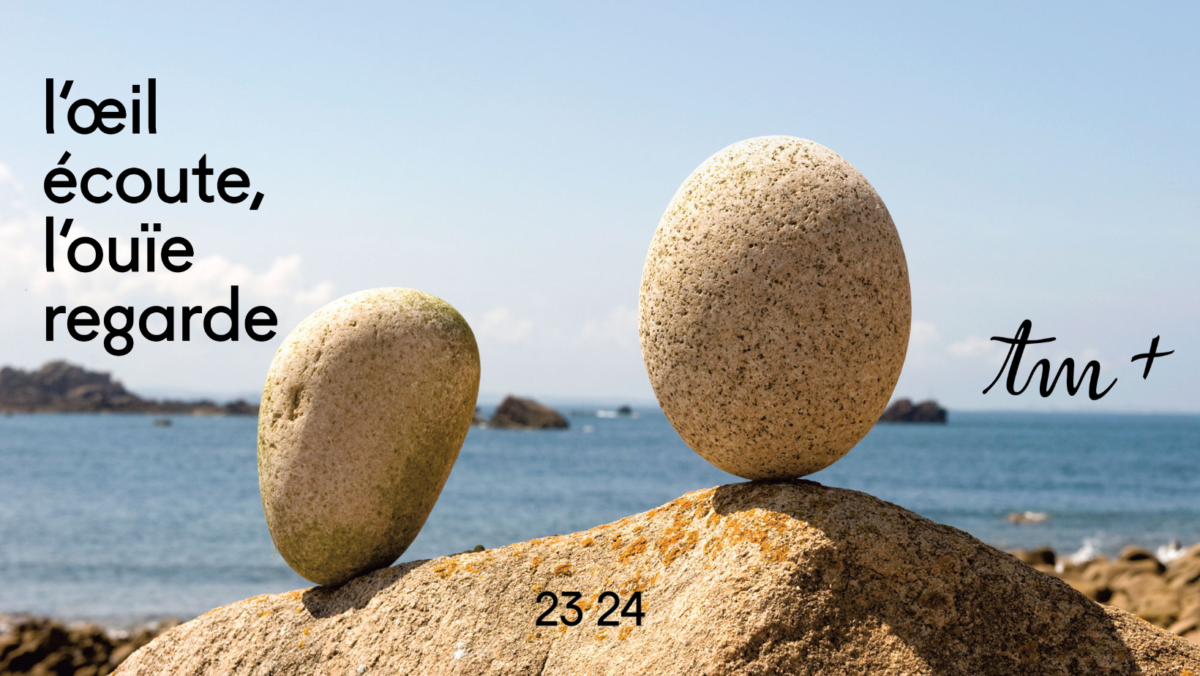[ONLINE CONCERT] The Origin of Sound
Cast:
Julien Le Pape Piano
Florent Jodelet Percussions
Gilles Burgos, Anne–Cécile Cuniot Flutes
Jean–Pierre Arnaud Oboe
Etienne Lamaison Clarinet
Eric Du Fay Horn
André Feydy, Matthias Champon Trumpets
Anne Ricquebourg Harp
Noëmi Schindler Violin
Florian Lauridon Cello
Charlotte Testu Double bass
Laurent Cuniot Conductor
Marie Delebarre Stage Manager
Zygote Video
Cécile Lenoir, Michel Poupar Sound
A comparison between the romanticism of Franz Liszt and the expressive intensity of Laurent Cuniot, who both draw on the sources of poetry and literature.
Available on our YouTube channel : click here.
A comparison between the romanticism of Franz Liszt and the expressive intensity of Laurent Cuniot, who both draw on the sources of poetry and literature.
The intimate musical diary of Franz Liszt’s Years of Pilgrimage reveals itself as an encyclopedia of the soul, whose form is shaped, whose writing and language are transcended by the inspirations that animate them. In the secret heart of the Second Year, with Sposalizio, with the three Sonetto del Petrarca, Liszt arranges his inner mirrors in such a way that they produce, around painting, literature and love, a game of reflections and rebounds, which was not yet called mise en abyme and which is essential to romanticism. At the origin of the music: an absolute marriage painted by Raphael at the beginning of the sixteenth century, verses of Petrarch struck down in the fourteenth by his meeting with Laure de Sade, and Liszt himself, in the middle of the nineteenth, in Italy inflamed by the object of his adoration, Marie d’Agoult.
In a century and a world that no longer have anything to do with it, Laurent Cuniot revives with Une, a piece for vibraphone and orchestral ensemble given as a premiere, the origin of sound – in other words, the question of inspiration and model, of the universal figure of the woman, of musical writing placed on the filigree of literature. Drawing from Liszt, romantic introspection, texts that elevate us and the vertigo of existence. In his contrasting way between energy and gravity, lyrical without the use of the voice, often shimmering and interior, and by granting a role of soloist to the vibraphone, which is a little his virtuoso piano.
Une encourages us to multiply the degrees of listening and the registers of expression, to explore the domains of tumult and flame, of softness and vibrations, to embrace the spirit and the form of a great breath inspiration.
Coproduction
TM+
Maison de la musique – scène conventionnée d’intérêt national – art et création – pour la musique
© DR

